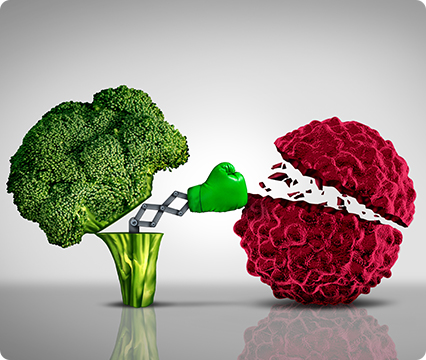Acid-producing diet and depressive symptoms among breast cancer survivors: A longitudinal study
While depression is 2-3 times more common in cancer survivors than in the general population, Wu et al. (2020) mentions that acid-producing diets may play a key role in the development of depression. Moreover, people who have overcome cancer are more vulnerable to acid-producing diets. The aim of this present study was thus to further understand the relationship between acid-producing diets and depression among breast cancer survivors. The intake of acid-producing diets was assessed using potential renal acid load (PRAL) and net endogenous acid production (NEAP), two commonly used dietary acid load scores. The 2975 participants were examined on PRAL and NEAP at baseline and after 1 and 4 years. Both PRAL and NEAP were positively associated with incidence of depression in the longitudinal analyses after adjustments were made, with stronger associations found for PRAL than NEAP. By comparison, women with the highest quartile intakes of PRAL had a 34% higher risk of suffering from depression than women with the lowest PRAL intakes. To conclude, lowering the consumption of acid-producing diets could potentially reduce depressive symptoms among breast cancer survivors, particularly those who are younger and that adopt a sedentary lifestyle. [NPID: cancer, depression, acid-producing diets, breast cancer, renal acid load, endogenous acid production]
Year: 2020

 Navigation
Navigation






